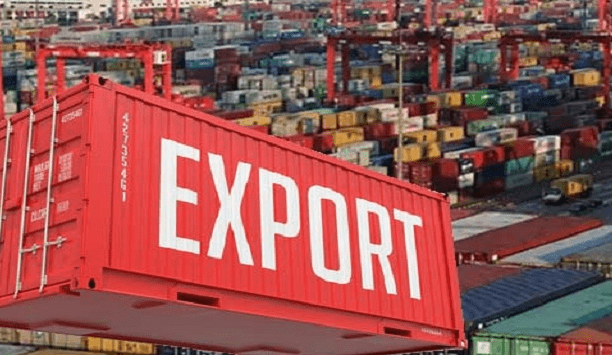Exports by African Countries to reach $952 billion annually by 2035
The African Continental Free commerce Area (AfCFTA) is seen as a major supporter of maximizing intra-African commerce, according to Standard Chartered’s Future of Trade: Africa report, which highlights the future for African trade. According to the study, overall exports from Africa would amount to USD952 billion by 2035, and the AfCFTA, once fully implemented, has the potential to boost this number by an additional 29%. This indicates a 3% yearly growth rate from now until 2035.
Increased connectivity and increased regional trade will open up high-growth corridors throughout Africa and beyond. By 2035, intra-African commerce is projected to total USD 140 billion, or 15% of all exports from Africa.
Africa will experience faster growth than the worldwide average of 4.3% in the corridors it shares with some of the most dynamic regions in the globe. With an annual growth rate of 7.1% until 2035, the East Africa-South Asia route is anticipated to become the primary corridor with the quickest rate of growth. By 2035, it is anticipated that the combined commerce volume along the Middle East-North Africa and Middle East-East Africa corridors will amount to over $200 billion.
The AfCFTA is not the first attempt by the markets of Africa to encourage greater cohesiveness, but the current accords frequently have overlapping or conflicting goals, generating a “spaghetti bowl effect”.
The African Union (AU) has recognized eight main Regional Economic Communities (RECs), and the majority of AU markets are members of two or more RECs. Because of the high compliance and administration expenses, intra-African commerce is less competitive. By establishing uniform rules of origin, which give all 54 AfCFTA members preferential trade access to each other’s markets to the degree specified in the agreement, the AfCFTA could assist in resolving this.
For Africa to fully take advantage of its trading opportunity, however, there are still obstacles to be addressed. According to a survey of more than 100 African business leaders, complex and ambiguous trade regulations are one of the biggest obstacles to intra-African commerce, according to 63% of those surveyed. 53 percent of respondents identified inadequate transportation infrastructure as a significant obstacle. Ineffective trade facilitators were mentioned as an issue by 51% of respondents, while limited and/or expensive access to financing was mentioned as a problem by 46%.
Nearly 90% of respondents think the AfCFTA can handle the majority of these problems. The AfCFTA has made strides in this area by tackling obstacles with a number of initiatives, including a reporting mechanism and a guided trade initiative to speed up trading[1] between nations.
Additionally, digitalization is crucial for promoting trade inside Africa. The study shows that by using digital supply chain finance (SCF) solutions, five important African markets might export goods worth USD34 billion by 2035. The majority of respondents (97%) expressed interest in digital SCF solutions, however they identified resource limitations, a technical gap, and interoperability issues as the main obstacles to adoption.
Dr. José Vials, Group Chairman of Standard Chartered PLC, stated: “The African Continental Free Trade Area can fundamentally alter future growth and development if it is implemented correctly. Member states will be able to lessen their historical reliance on commodities and make significant advancements toward a number of Sustainable Development Goals thanks to greater value-added supply chains and more diverse exports made possible by this. We are dedicated to helping the creation of the best policies, securing cooperation, and utilizing technology and money to apply to better connections within the continent and beyond. This is done through our global footprint, local experience, and innovative solutions.
The AfCFTA’s implementation has become even more urgent as a result of the interruptions to Africa’s supply chains over the past few years, according to Sunil Kaushal, regional CEO of Standard Chartered Africa Middle East. Our report’s findings also point out the conditions that must be met in order to significantly increase Africa’s exports, which the AfCFTA will tremendously facilitate. This chance can become a reality with the correct laws, cooperation, and government. For more than 150 years, Standard Chartered has aided Africa’s expansion and development, actively supporting the improvement of the continent’s economic and infrastructure conditions. We will continue to collaborate with the necessary parties to promote commerce throughout the continent and guarantee Africa’s sustained economic growth. You may access the complete report here.




